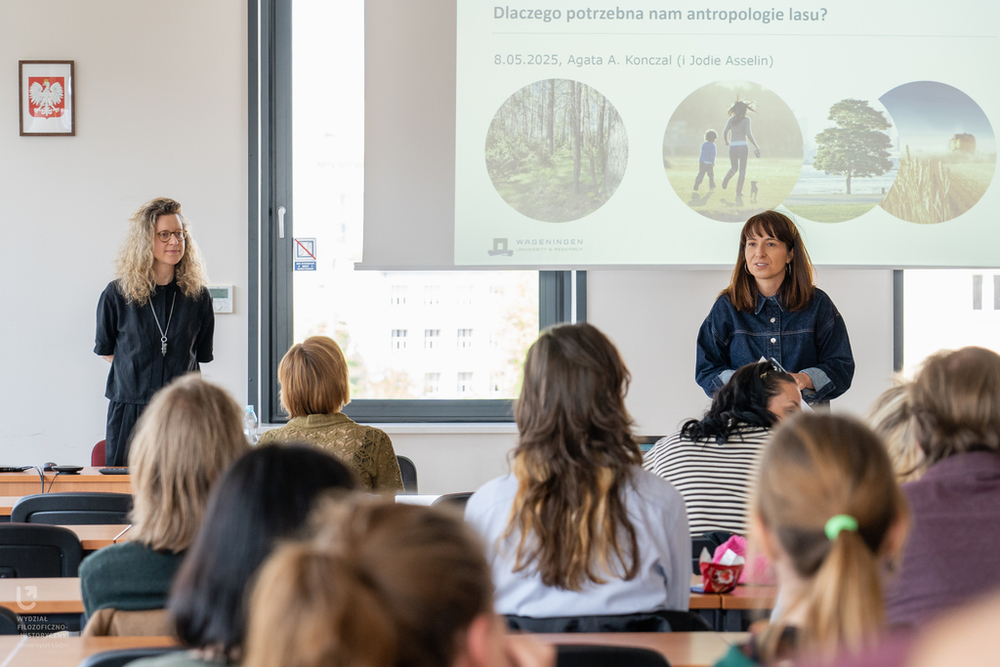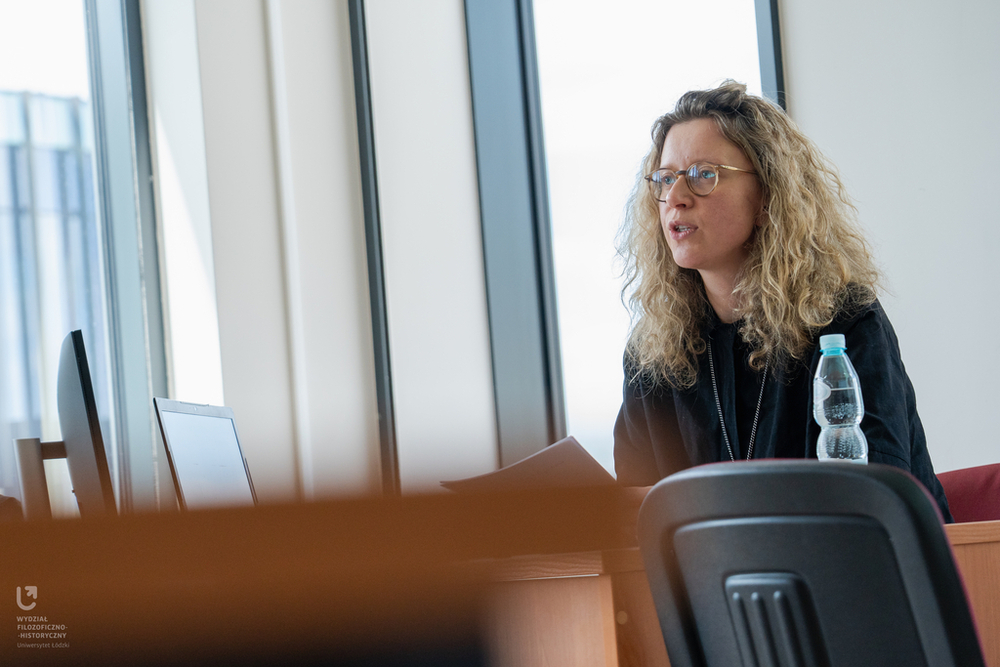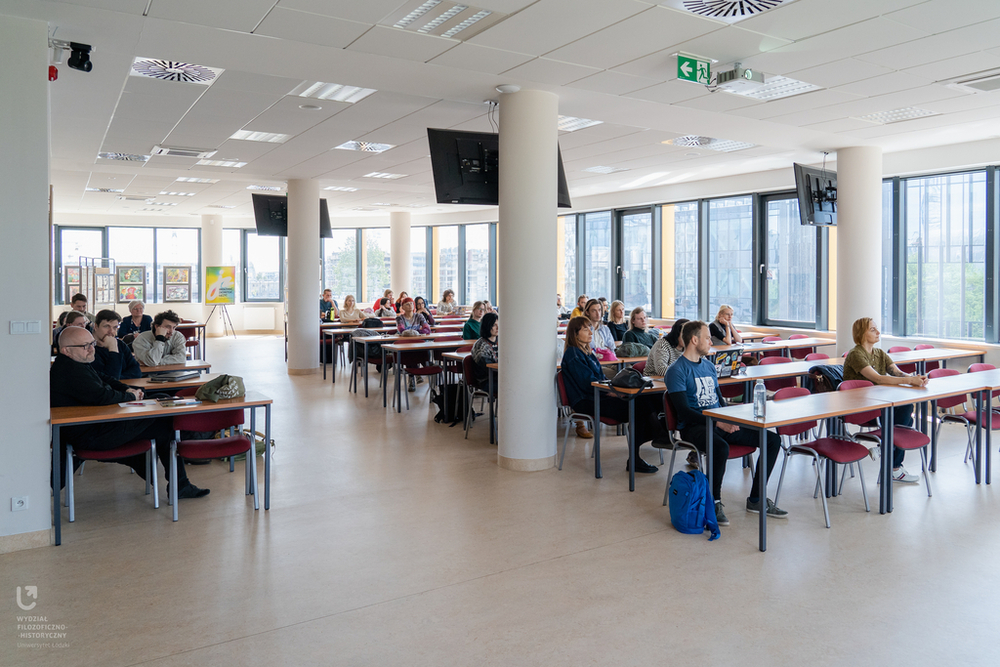About the lecture
Forests are currently at the centre of discussions on climate change, biodiversity loss, adaptation and mitigation issues, as well as debates on inequality, resources and neoliberal capital. At the same time, recent decades have brought a global consensus on the urgent need for coordinated efforts to prevent deforestation and forest degradation. Policy initiatives such as the Bonn Challenge, the UN Decade on Ecosystem Restoration and the European Green Deal are examples of these international declarations. However, the development and implementation of forest policies and related initiatives is a complex and politically charged process, often addressing wicked issues and involving a range of societal actors with often conflicting values and interests.

The proposed solutions – such as initiating new forms of protection, rewilding projects, certification and forest expansion – bring new challenges. These initiatives often lead to forest conflicts. In Poland, Europe and globally, local conflicts concerning forests and their future are increasingly reported by the media, especially social platforms and new communicators. How to research, understand and deal with new forest conflicts, including those that are yet to come?

Forest anthropology offers a critical reflection on these manifestations of diverse social expectations, different values and conflicting interests in relation to forests. In this talk I will focus on how the so-called green initiatives, whether global or local, can contribute to deepening historical inequalities and facilitate new forms of resource accumulation. For this purpose, I will use the concept of green frontiers, which allows to trace and analyse patterns and consequences of contemporary forest initiatives in Europe. Within this concept I use a critical perspective, characteristic of resource frontier studies in the Global South, to analyse the situation in the Global North. In doing so I ask about the gap in literature and research on the dynamics of resource frontiers in Europe.

At the same time, I underline that the way environmental discourses transform landscapes and communities often reflects historical patterns of inequality, dispossession and exploitation. Ultimately, I argue that anthropology and related disciplines that draw on ethnographic and comparative methods offer valuable perspectives and theoretical tools for analysing contemporary forest initiatives. A coordinated forest anthropology is particularly well suited to tracking these changes within communities, as well as identifying similar processes at the level of countries and regions.
About the speaker

Agata A. Konczal is an assistant professor at Wageningen University in the Forest and Nature Conservation Policy Group. Previously, until 2022, she worked at the European Forest Institute in Bonn, where she led the European Forest Governance and Society team. She holds a PhD degree in Ethnology and Anthropology. She specialises in environmental anthropology, political ecology and environmental history. Her current main project concerns the establishment of forest anthropology as a research field in anthropology. Together with Jodie Asselin from the University of Lethbridge in Canada, she has founded and leads FORAGE – Forest Anthropology Working Group on Europe and Beyond.
Dr Agata Konczal’s main research interests include research on the perception, understanding and use of forests by different social groups, different approaches and interpretations of nature conservation (e.g. within rewilding projects) and interdisciplinary research related to forests and environmental issues. In her research, Agata analyses how forests are increasingly being politicised and presented as easy and cheap solutions to problems related to climate change, loss of biodiversity, the crisis of rural areas and development issues.
Photos and edit: Mateusz Kowalski (Faculty of Philosophy and History, University of Lodz)
